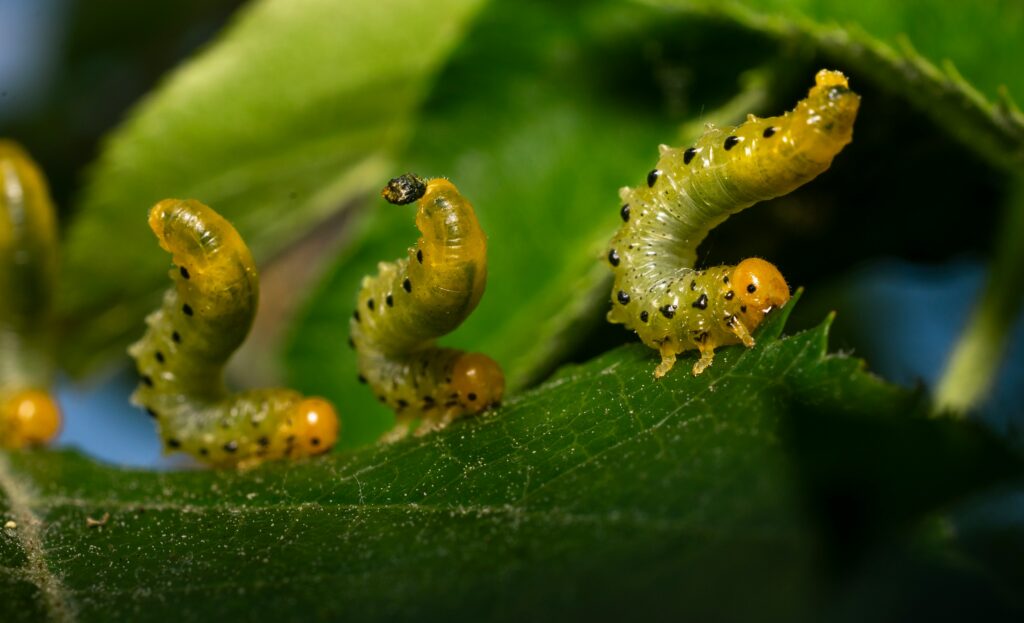Nature has countless shocking tricks up its sleeve, but few are as disturbing as the parasites that turn their hosts into unwilling babysitters. These microscopic masterminds don’t just steal food or shelter – they completely hijack their host’s parenting instincts, forcing them to care for the parasite’s offspring as if they were their own children. It’s biological manipulation at its most extreme, and it happens right under our noses in backyards, forests, and fields around the world.
The Cuckoo Wasp’s Deceptive Strategy
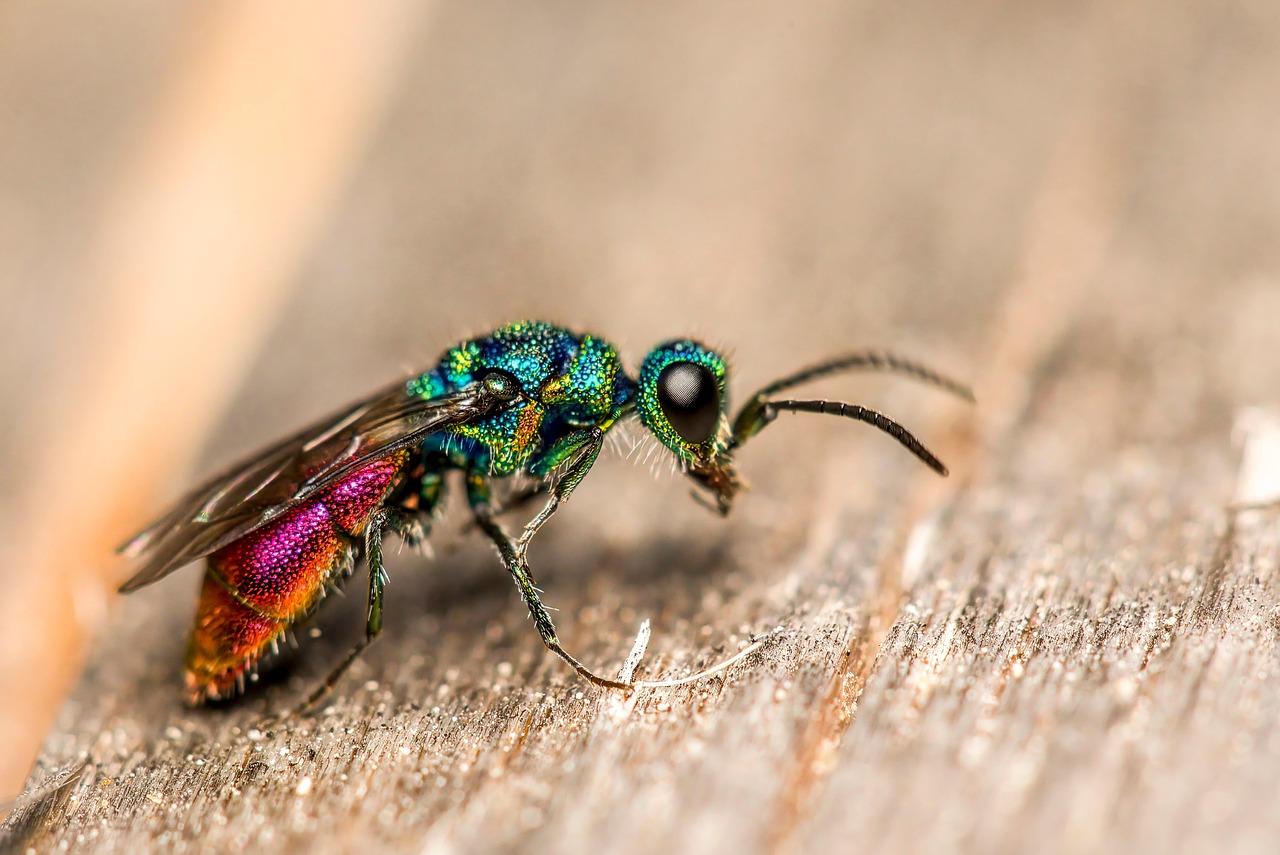
Cuckoo wasps are nature’s ultimate con artists, sneaking into other insects’ nests like burglars in the night. These metallic-colored wasps don’t build their own homes or gather food for their young – instead, they wait for the perfect moment to strike. When a solitary bee or wasp leaves its nest unguarded, the cuckoo wasp slips inside and lays its eggs alongside the host’s provisions. The host returns, completely unaware that an intruder has just sentenced its own offspring to death. The cuckoo wasp larva hatches first, devours the host’s egg or young larva, then feeds on the carefully collected food stores. The unwitting parent continues to tend the nest, essentially raising its child’s killer.
Brood Parasitism in the Bird World

The common cuckoo bird made this strategy so famous that we named the entire behavior after it, but they’re far from alone in this cruel game. These feathered freeloaders have perfected the art of egg mimicry, laying eggs that closely match their host’s in size, color, and pattern. When the cuckoo chick hatches, it often pushes the host’s eggs or chicks out of the nest, leaving the bewildered parents to focus all their energy on feeding this demanding imposter. Some host species have evolved to recognize foreign eggs, leading to an evolutionary arms race that’s been going on for millions of years. The most successful brood parasites can fool dozens of different host species, each requiring a perfectly crafted deception.
The Zombie Ant Fungus Phenomenon
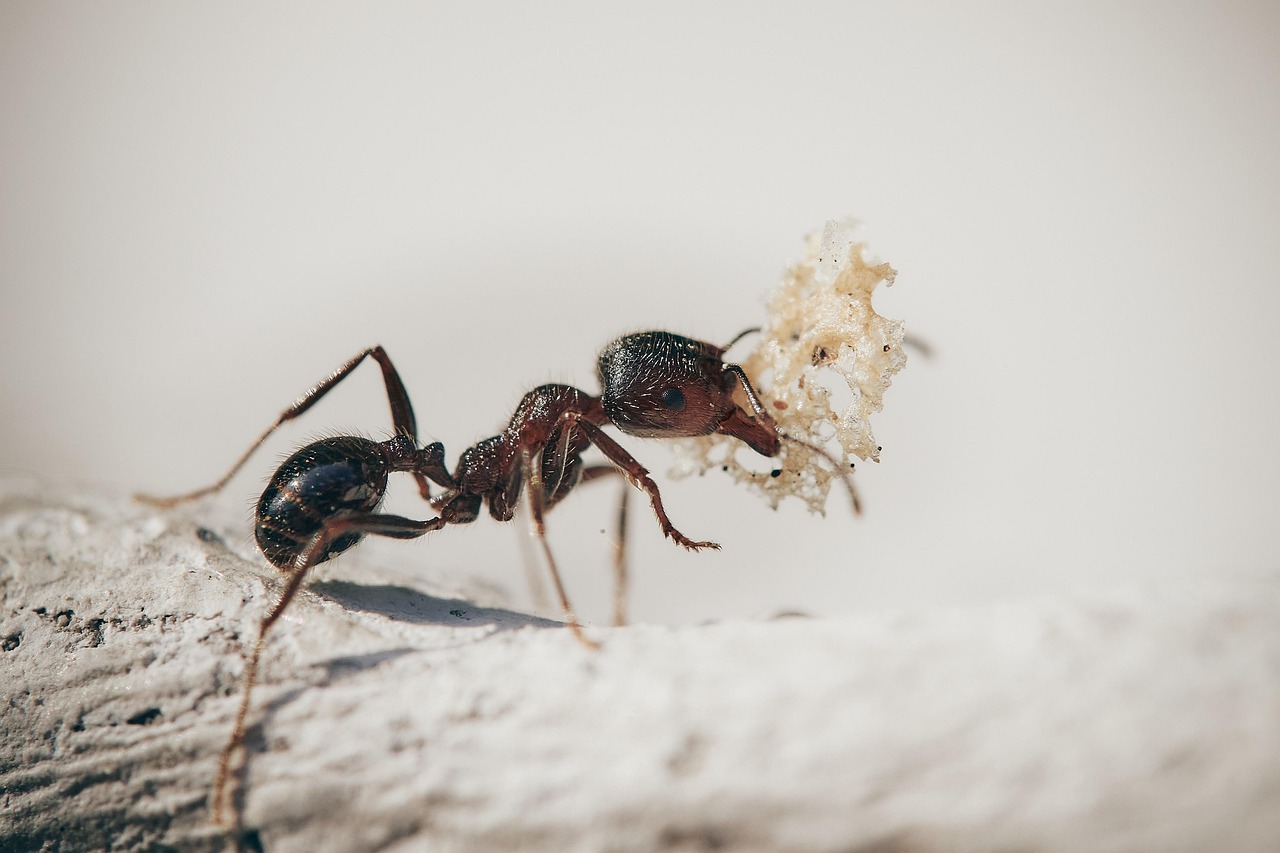
Deep in tropical rainforests, a fungus called Ophiocordyceps unilateralis turns carpenter ants into mindless zombies with one terrifying purpose. The fungus spores infiltrate the ant’s body and slowly take control of its nervous system, manipulating its behavior like a puppet master pulling strings. The infected ant abandons its colony and climbs to a specific height on a plant stem, where humidity and temperature are perfect for fungal growth. Once positioned, the ant clamps its jaws onto a leaf in a “death grip” and dies, but its story isn’t over. The fungus erupts from the ant’s head like something from a horror movie, releasing spores to infect more victims below.
How Chemical Mind Control Works
The secret weapon of many parasitic manipulators lies in their ability to hijack their host’s chemical messaging system. These parasites produce compounds that mimic or block natural hormones, essentially rewiring their victim’s brain to serve their needs. Some parasites flood their hosts with chemicals that trigger parental care behaviors, while others suppress the host’s ability to recognize their own offspring. It’s like hacking into a computer and changing the programming – the host’s body continues to function normally, but the instructions it follows have been completely rewritten. This chemical warfare is so sophisticated that scientists are still discovering new ways parasites manipulate their victims’ biology.
The Cuckoo Catfish’s Aquatic Deception
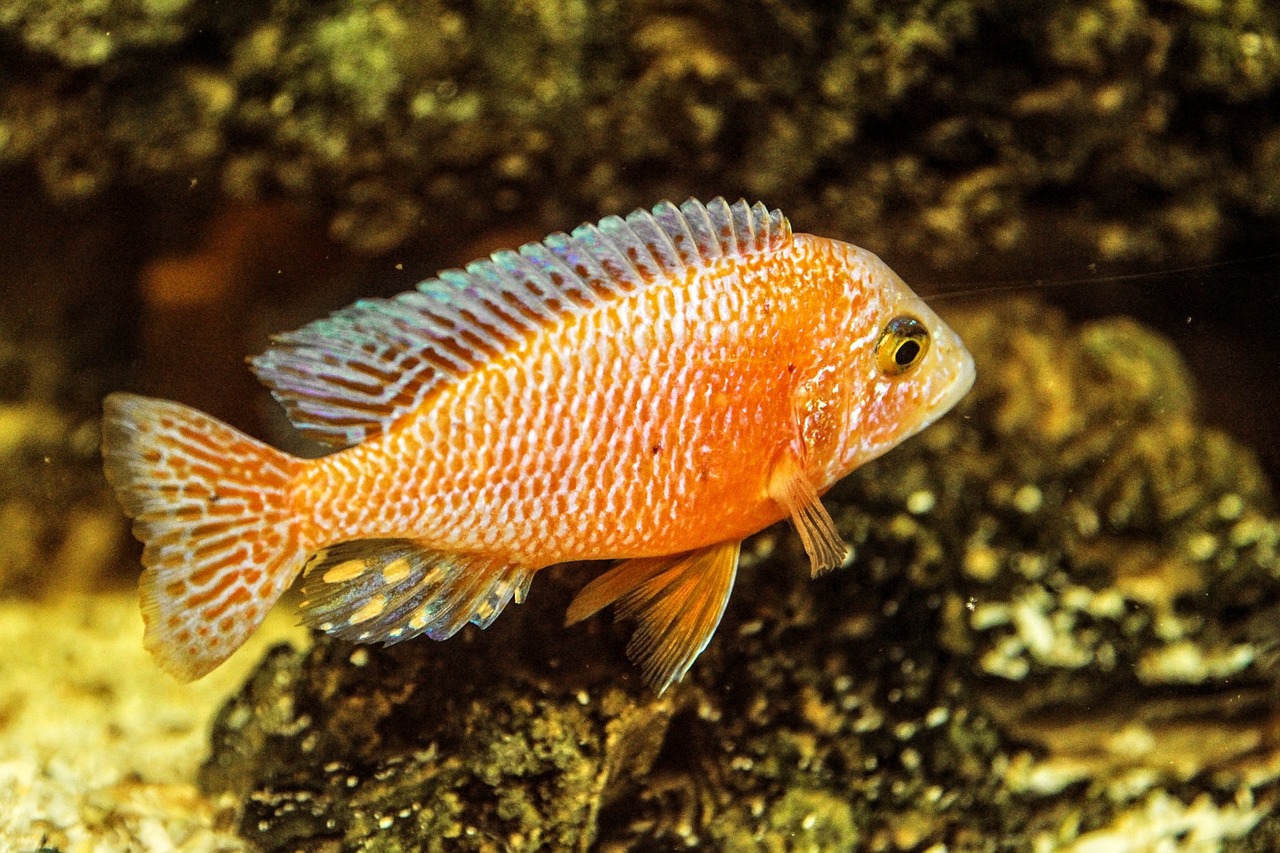
In the crystal-clear waters of Lake Tanganyika, cuckoo catfish have mastered underwater brood parasitism with surgical precision. These sneaky fish time their egg-laying to coincide perfectly with their host cichlids’ spawning. As the cichlid parents collect their fertilized eggs in their mouths for protection, the cuckoo catfish quickly releases its own eggs into the mix. The cichlid unknowingly scoops up both sets of eggs, and the deception begins. The catfish eggs hatch faster than the cichlid’s, and the baby catfish immediately start eating their host siblings while still in the parent’s mouth. The cichlid continues to protect and care for these young predators, completely unaware of the massacre happening inside its own mouth.
Social Parasites Among Ants
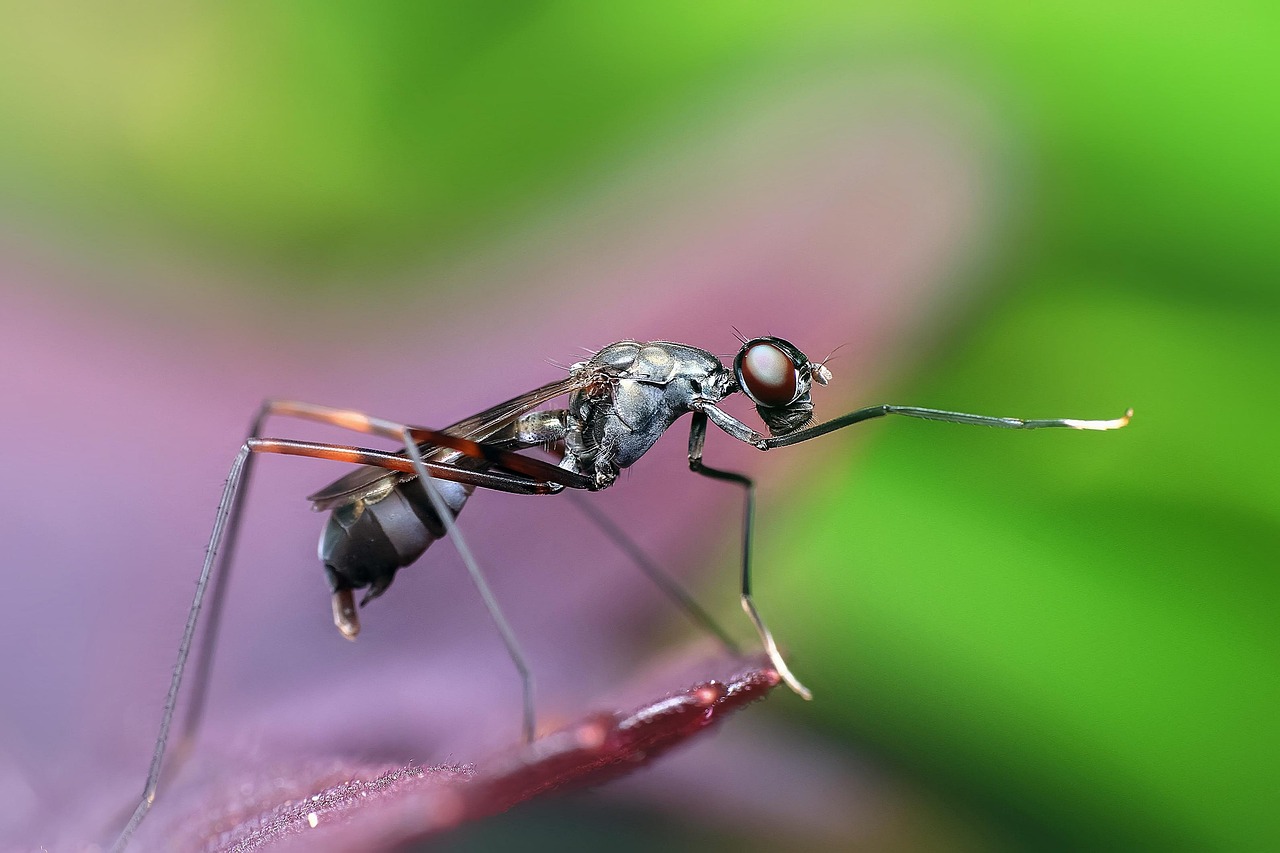
Some of the most sophisticated brood parasites live right in ant colonies, wearing the perfect disguise of chemical camouflage. These social parasites have evolved to smell exactly like their host species, allowing them to walk freely through the colony without raising suspicion. Worker ants will actually care for the parasite’s larvae as if they were sisters, feeding them and protecting them from danger. The most extreme cases involve parasites that have become so dependent on their hosts that they’ve lost the ability to care for themselves entirely. These evolutionary freeloaders represent millions of years of refinement in the art of biological deception.
The Evolutionary Arms Race
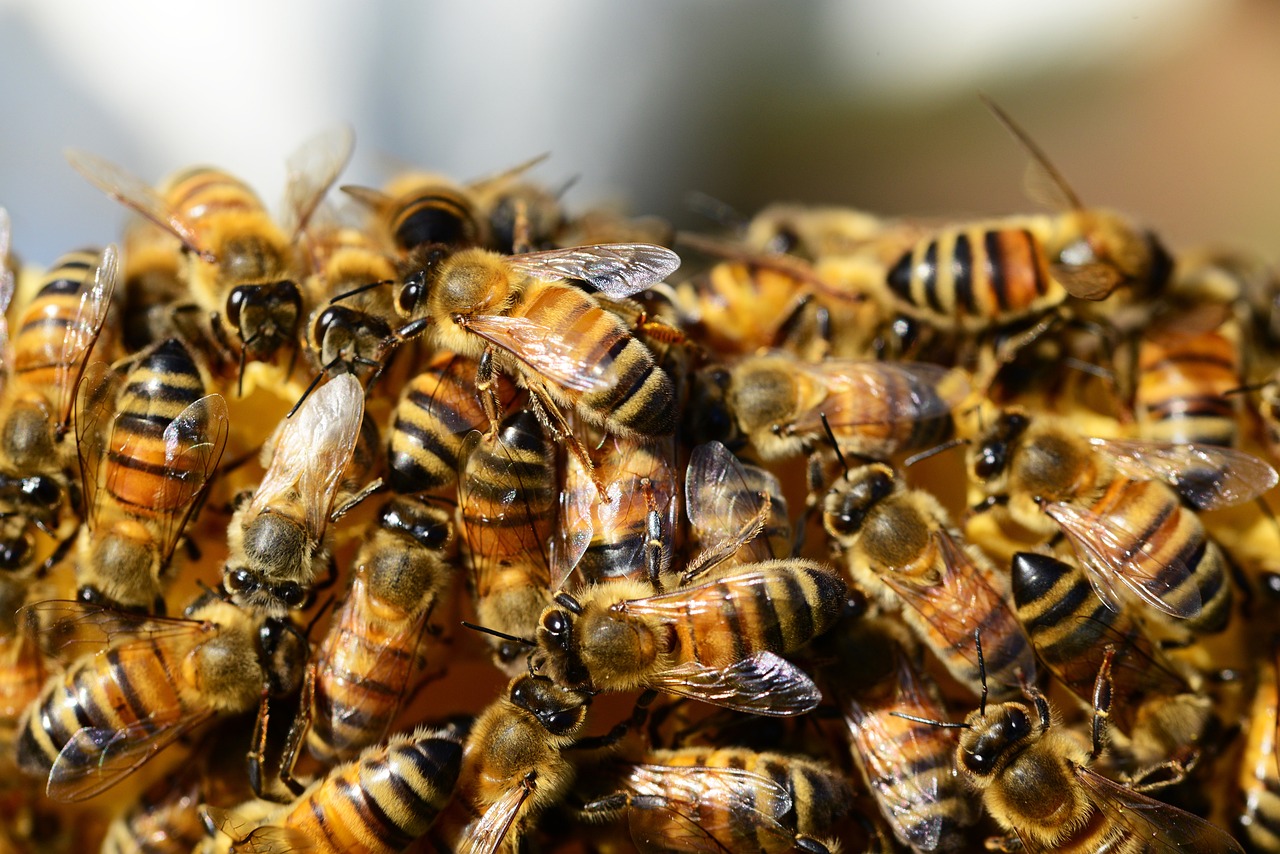
The relationship between brood parasites and their hosts isn’t static – it’s a constant battle where each side develops new weapons and defenses. Hosts evolve better recognition systems to spot foreign eggs or young, while parasites counter with improved mimicry and more sophisticated manipulation techniques. Some bird species have developed the ability to count their eggs, immediately detecting when an extra one appears overnight. Others have evolved unique egg signatures that are nearly impossible to forge. This evolutionary tug-of-war has been going on for millions of years, with neither side gaining a permanent advantage.
Molecular Mechanisms of Host Manipulation
Recent scientific breakthroughs have revealed the incredible complexity of how parasites manipulate their hosts at the cellular level. Some parasites inject specialized proteins that hijack the host’s gene expression, literally changing which genes are turned on or off. Others manipulate the host’s microbiome – the beneficial bacteria living in their gut – to alter behavior and immune responses. The most advanced parasites can even manipulate their host’s epigenetic markers, causing changes that might be passed on to future generations. These discoveries are revolutionizing our understanding of how deeply parasites can influence their victims’ biology.
Geographic Variations in Parasitic Strategies
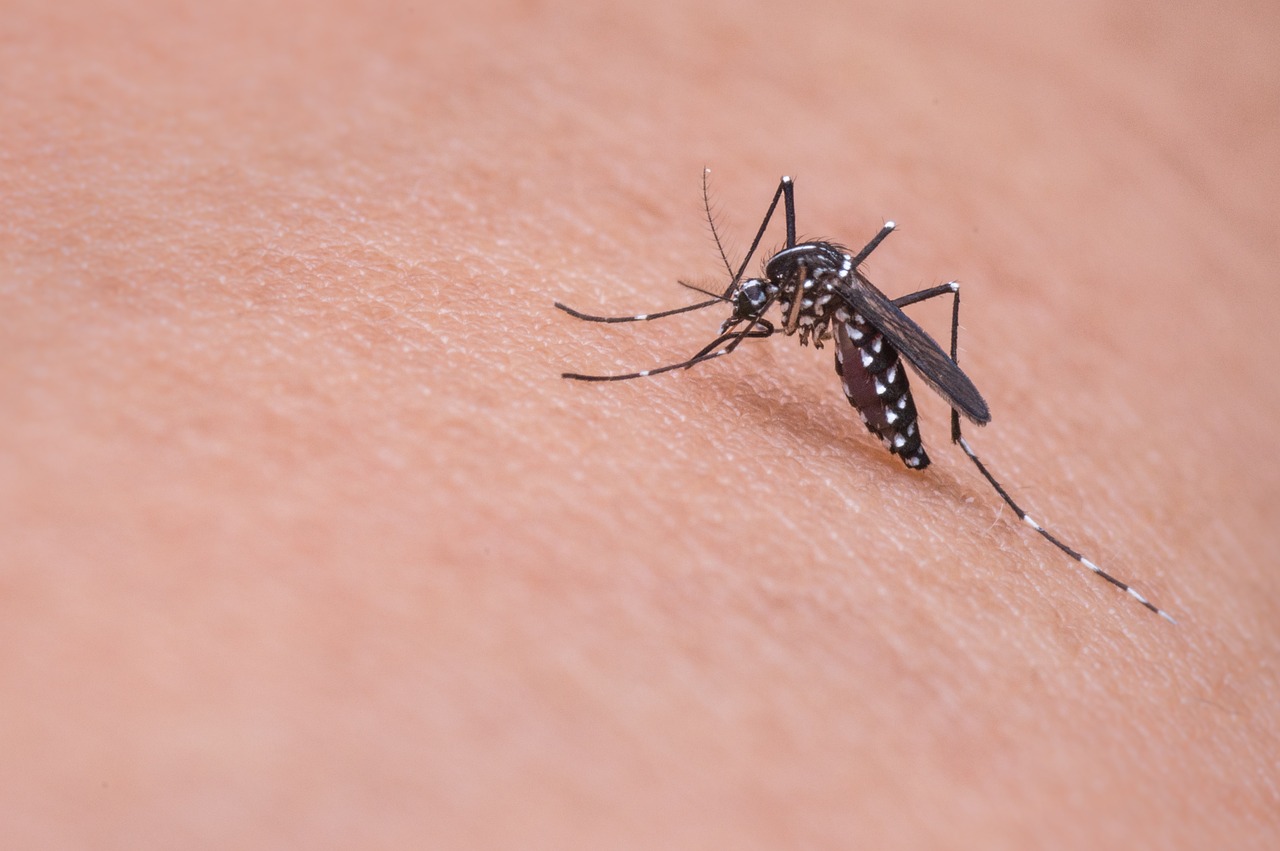
Brood parasites have adapted their strategies to match the unique challenges of different environments around the world. Arctic-dwelling parasites must time their reproduction perfectly with the brief summer breeding season, while tropical species can afford to be more patient and selective. Desert parasites have evolved to manipulate hosts that are already stressed by extreme conditions, while aquatic species must navigate the three-dimensional challenges of underwater parenting. Each environment has shaped these parasites in unique ways, creating a stunning diversity of manipulation strategies across the globe.
The Role of Host Recognition Systems
Host species have developed increasingly sophisticated ways to detect and reject parasitic infiltrators, but these defenses come with their own risks and costs. Some birds are so paranoid about brood parasites that they accidentally reject their own eggs if they look slightly unusual. Others spend enormous amounts of energy constantly checking and rechecking their nests for signs of intrusion. The most successful hosts strike a delicate balance between vigilance and efficiency, but this balance is constantly shifting as parasites evolve new ways to fool their detection systems. It’s a game where being too trusting or too suspicious can both lead to reproductive failure.
Impact on Ecosystem Dynamics
Brood parasites don’t just affect individual host families – they can reshape entire ecosystem dynamics in surprising ways. High parasite pressure can drive host species to change their breeding locations, timing, or even social structures. Some host populations have been driven to near extinction by particularly successful parasites, while others have bounced back stronger with improved defenses. These effects ripple through food webs and can influence predator-prey relationships, pollination networks, and seed dispersal patterns. The hidden influence of brood parasites extends far beyond the immediate host-parasite relationship.
Conservation Implications of Parasitic Relationships
Climate change and habitat destruction are disrupting the delicate timing that many brood parasites depend on, creating new conservation challenges. Some parasites are losing their hosts faster than they can adapt to new ones, while others are expanding their range and threatening previously safe host populations. Conservation biologists must now consider these complex parasitic relationships when designing protection strategies. Saving a host species might inadvertently doom its specialized parasites, while protecting parasites might require maintaining the very relationships that harm their hosts. These ethical and practical dilemmas are becoming increasingly common as ecosystems worldwide face unprecedented changes.
Future Research Directions
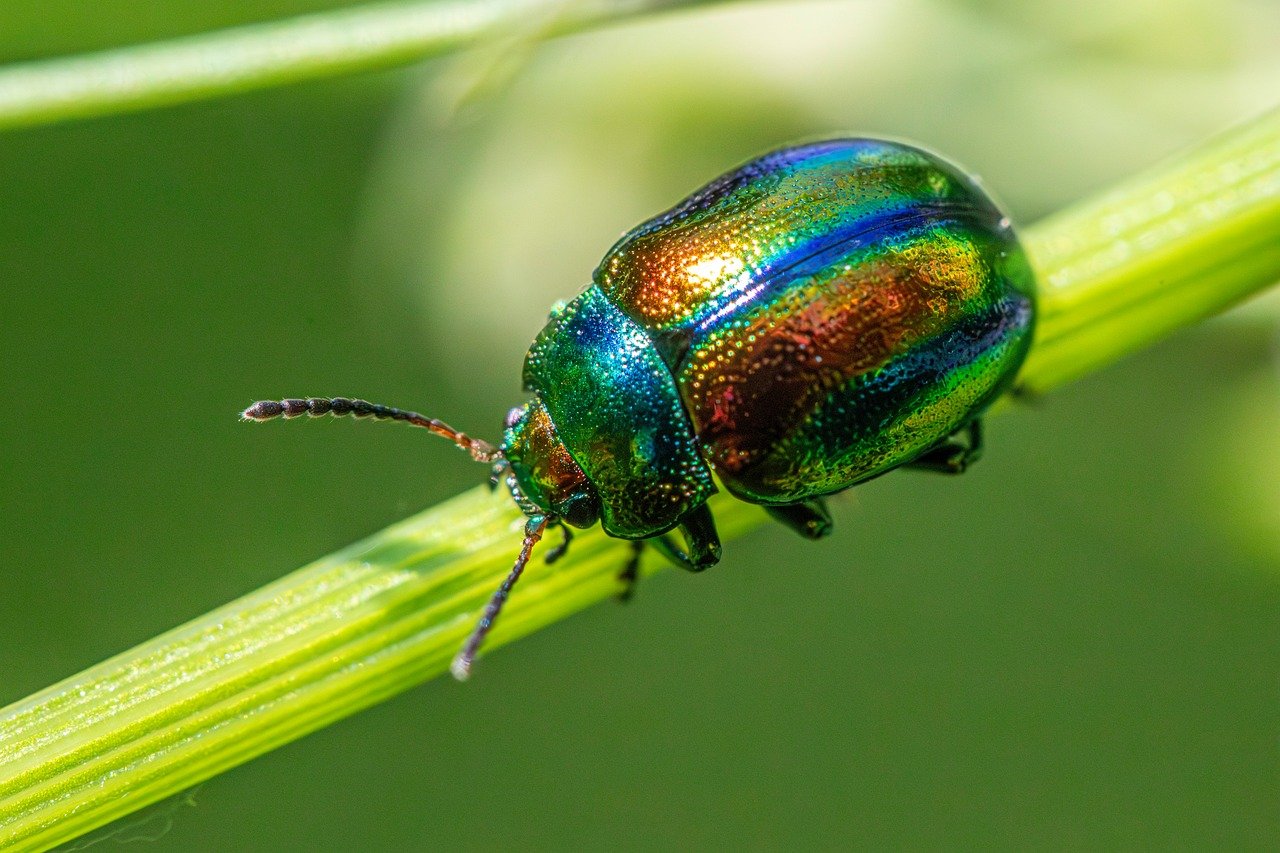
Scientists are just beginning to uncover the full extent of parasitic manipulation in nature, with new species and strategies being discovered regularly. Advanced genetic techniques are revealing the molecular mechanisms behind host manipulation, while long-term studies are showing how these relationships evolve over time. Researchers are particularly excited about the potential medical applications of understanding parasitic manipulation – these natural systems could inspire new treatments for neurological disorders or provide insights into behavior modification. The field is moving rapidly, with each new discovery raising more questions about the hidden complexity of natural relationships.
The Dark Beauty of Nature’s Deception
The world of brood parasites reveals nature at its most cunningly creative, where survival depends not on strength or speed, but on the ability to deceive and manipulate. These relationships challenge our comfortable notions about parental care and family bonds, showing us that even the most fundamental behaviors can be hijacked and exploited. Yet there’s an undeniable elegance to these evolutionary solutions – millions of years of refinement have produced some of the most sophisticated biological manipulation systems on Earth. Understanding these parasites doesn’t just teach us about evolution; it reveals the incredible plasticity of life itself and the lengths organisms will go to ensure their genes survive to the next generation.
The next time you see a bird feeding a chick that seems too large for the nest, or notice an ant behaving strangely, remember that you might be witnessing one of nature’s most elaborate cons in action. What other hidden manipulations might be happening right under our noses?

